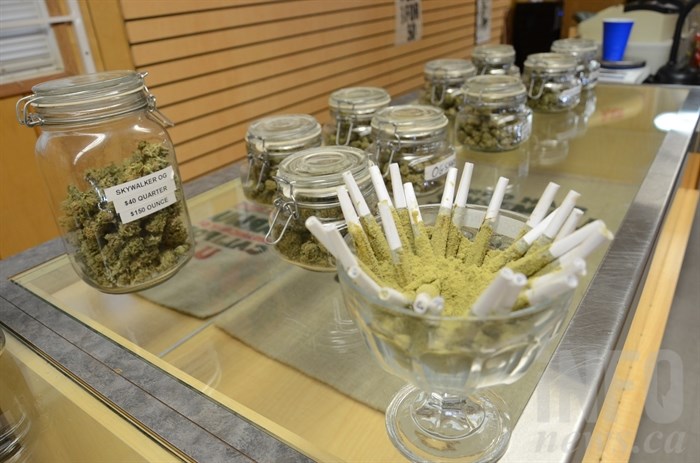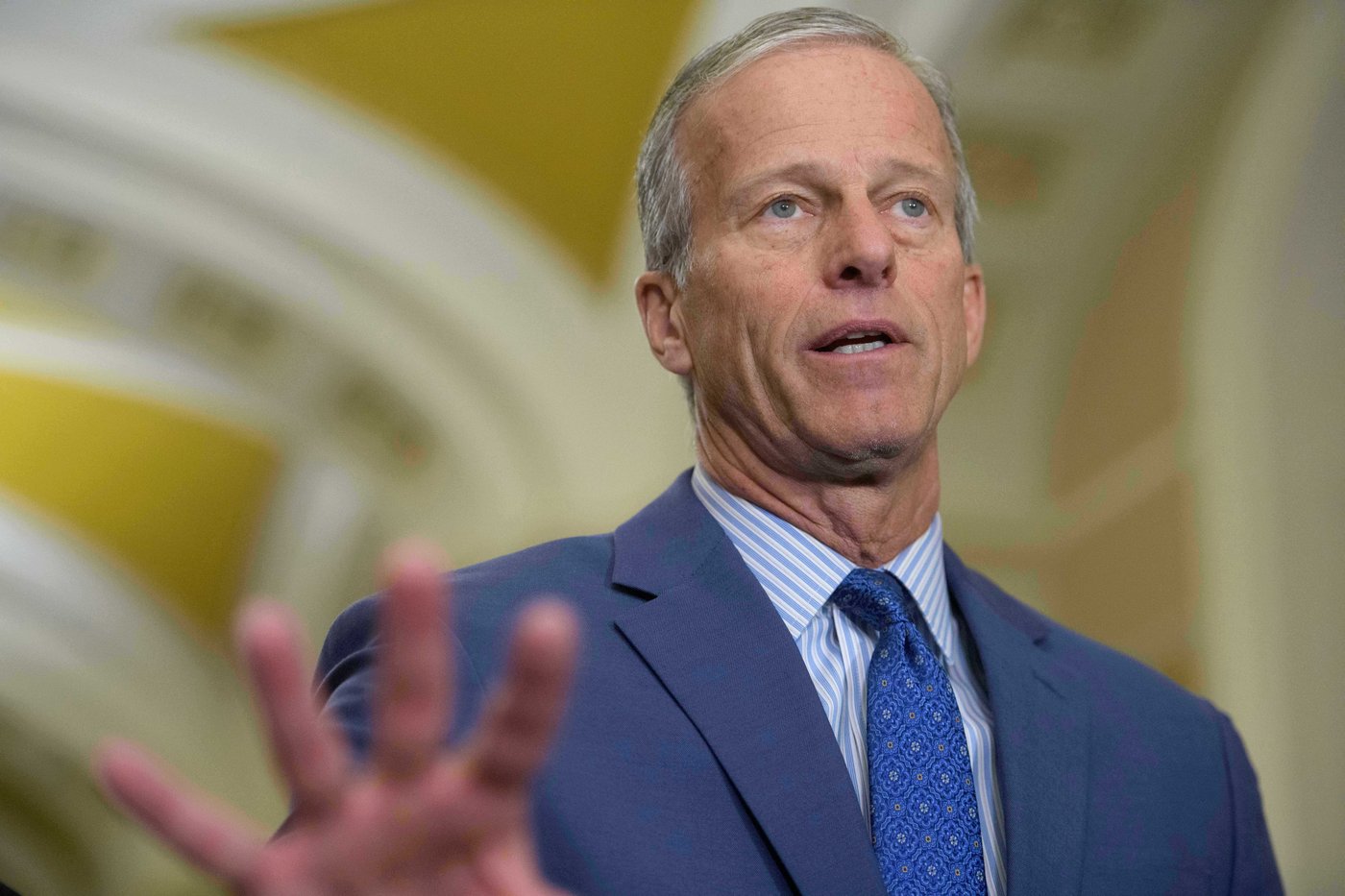Penticton and Vernon in running to become cannabis tourism capital of Canada
Now that cannabis is legal in Canada, and the borders are open from most COVID travel restrictions, it’s time for someone to claim the title of the cannabis tourism capital of Canada.
Smith Falls, Ontario, has already drafted a Cannabis Tourism Strategy and has been branded by some media outlets as the Pot Capital of Canada. It took that route after Tweed (now Canopy Growth Corporation) opened a medical marijuana plant there in 2014 and opened the Tweed Visitors Centre.
“The Tweed Visitors Centre is a captivating and interactive way to learn all about our facility and our favourite plant,” Tweed says on its website. “Take a peek into real grow rooms, learn about cannabis from the inside out, and travel through its fascinating history.”
But the co-author of a university research project into cannabis tourism in Canada says Smith Falls, population 9,250, has one glaring shortfall.
“The problem with Smiths Falls is that it lacks the tourism infrastructure (e.g. decent hotels and employees to work at them) to support a tourist influx of any kind,” Susan Dupej said in an email to iNFOnews.ca.
Dupej is co-author with Danjay Nepal of a scholarly paper called Tourism as an Agent of Cannabis Normalization: Perspectives from Canada, jointly published by the University of Waterloo and University of Guelph.
It looks at how cannabis tourism has flourished in places like Colorado and California after it was legalized there but is struggling to get off the ground in Canada.
While the theme of the paper is that cannabis will become more socially acceptable if it becomes a tourism draw, it also cast some light into what is and is not being done in Canada.
“Canada has everything it needs for a flourishing cannabis tourism industry except for the regulations that will enable it,” Dupej said. “These regulations mostly revolve around the allowance of on-site consumption, be it a combustible, vaporizer, edible or infused food cannabis product. The Cannabis Act focuses on regulating cannabis production and distribution, but lacks attention to consumption, which also involves advertising.”
The inability for B.C. retailers to offer samples was also identified as a major stumbling block by Mariana Wolff, spokesperson for the Okanagan Cannabis Collective and co-owner of Cannabis Cottage in Penticton.
“Right now, we’re not even allowed to offer any kind of tasting or sampling and that’s a big part of a wine tour or a beer tour,” she told iNFOnews.ca. “If we were even able to offer undosed samples or give them the ability to handle the dry cannabis, the way a connoisseur might handle a glass of wine. Maybe not consuming it but, at least, visually inspecting it, smelling it, that kind of thing. Stakeholders are pushing for that right now but we have to have that ability.”
The collective represents about 30 retailers in the region and was formed to lobby the provincial government for changes in the rules governing the sale and consumption of cannabis. They’re still trying to get a meeting with government to express their concerns about things like unlicensed sellers.
READ MORE: This Okanagan collective is leading the fight for survival for private cannabis stores in B.C.
Given that focus, coupled with the fact that COVID has really curtailed all tourist traffic over the past two years, cannabis tourism hasn’t been their primary focus.
Also, besides the fact that tourists can’t sample the product, there are other restrictions that limit the viability of cannabis tourism in B.C.
“The biggest problem with B.C. vs Colorado or anywhere else outside of B.C., is that we are government mandated to purchase from a single wholesaler, and that’s the LDB (Liquor Distribution Branch),” Wolff said.
“Whereas, for example, in Colorado, I believe they can make their own direct connections with the producers of the different cannabis products. So there’s more variety. It’s more like a true retail landscape over there where you can actually, as a retailer, make different wholesale connections with different brands," she said. "Whereas, in B.C. we all are forced to go through the LDB so, whatever the LDB has in stock, all of us will carry.
"There’s no real appeal to have somebody drive a limo around and get people to shop at all the different stores that all kind of offer the same thing.”
Change, however, is in the wind.
As Wolff understands it, the provincial government is set to bring in new legislation for craft growers that will allow them to operate similar to estate wineries, allow retailers to buy direct from craft growers and authorize cannabis lounges where products can be sampled.
She has heard this will happen this spring but will wait until it’s announced before actually believing it.
It it happens, it would open the door to a whole new tourism sector.
“It will change with farmgate because individual retailers will then be able to go directly to some of these small craft producers to purchase directly from them,” Wolff said. “That will change the landscape a little bit in terms of getting retailers to stand apart and that will encourage more of a tourism landscape in terms of having tours, etc.”
There have been attempts by some Okanagan companies to offer cannabis tours but COVID put a damper on those.
READ MORE: Getting high on a cannabis tour is not on offer during this summer of COVID-19
And the B.C. Craft Farmers Co-op, along with the Association for Canadian Cannabis Retailers have booked the Hotel Eldorado in Kelowna for a three day Cannabis Summit starting April 20 (4-20).
The Central Okanagan Economic Development Commission will have a presence there but more from the business side than the actual tourism side.
“The Central Okanagan has strength in the cannabis sector all along the supply chain and is a centre for innovation in the sector,” Krista Mallory, manager of the commission told iNFOnews.ca. “Our interest in the Economic Development Commission would be in, how can we share that story to attract business events and conferences on the tourism side and business investment.”
READ MORE: Craft cannabis enthusiasts rolling up to Kelowna for 4-20 summit
Cannabis tourism would be more along the lines of what an organization like Tourism Kelowna might do, she said.
“We continue to monitor, gather information, and consider ties to the offerings here and business development opportunities – particularly in relation to agriculture, which is a key economic sector for us here for business events and meetings,” Chris Shauf, director of marketing and communications for Tourism Kelowna said in an emailed statement.
But, they’re not looking to take a lead and try to make Kelowna the cannabis tourism capital of Canada.
So, if an Okanagan town or city is going to take a stab at claiming that title, who would it likely be?
“It would be Vernon or Penticton based on just seeing how saturated those two markets are,” Wolff said. “It seems like there’s a huge amount of people very comfortable with cannabis in these municipalities.”
The university study does not talk about the magnitude of the economic impact cannabis tourism could have but notes that Canada has a great cannabis tourism potential since it is the only country to legalize it nationally.
And Dupej has more research in the works that could help.
“I completely agree that there is an opportunity for B.C., especially for micro-growers,” she said in her email. “In another one of my studies, I am investigating the emergence of cannabis farmgate in Canada and the role that tourism can play as part of a business model, as a way of adding value along the cannabis commodity chain.
For her part, Wolff, as a member of the Penticton and Wine Country Chamber of Commerce, plans to put a bug in their ear about developing a cannabis tourism strategy, similar to what it does for wine.
“It will get better,” Wolff predicted. “With COVID slowing down, it will help open up some of those opportunities.”
She just needs the B.C. government to get on board and open the floodgates.
To see the Smith Falls Cannabis Tourism Strategy, go here.
To contact a reporter for this story, email Rob Munro or call 250-808-0143 or email the editor. You can also submit photos, videos or news tips to the newsroom and be entered to win a monthly prize draw.
We welcome your comments and opinions on our stories but play nice. We won't censor or delete comments unless they contain off-topic statements or links, unnecessary vulgarity, false facts, spam or obviously fake profiles. If you have any concerns about what you see in comments, email the editor in the link above.




